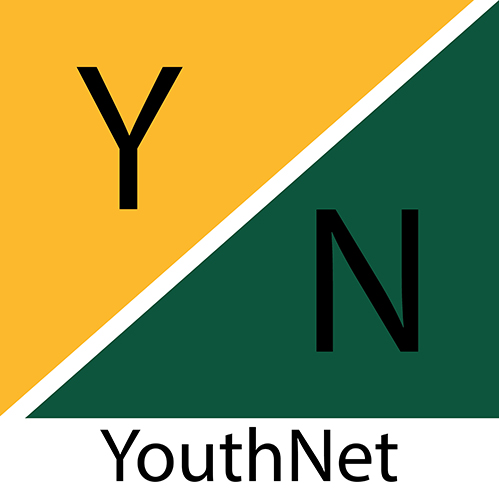Employability Skills Development Training
The lack of proper guidance at an early stage is a major contributor to the issue of youth unemployment in the present day. Even obtaining an advanced degree cannot always prevent young people from experiencing joblessness. It is crucial to hone other essential skills required to succeed in the competitive world of today. Recognizing the significance of this issue, many educational institutions in India have initiated programs, projects, and activities for their students. Since 2012, YouthNet has successfully conducted Higher Education and Career Development programs in schools and colleges across Nagaland. As a next step, YouthNet is offering to conduct Employability Skills Development Training and Orientation on Employment in the Private Sector for the students in your Institution. This curriculum has been designed to provide students with critical skills that they will need to seek employment in various sectors. Furthermore, it will encourage them to seek out new avenues for information and knowledge, thereby increasing their employability in the current job market.
Empowering the Next Generation: Objectives of Employability Skills Development Training
- Offer career guidance that is tailored to the developmental needs of the students.
- Motivate them to make career choices based on their interests, abilities, and strengths.
- Empower them to make knowledgeable and responsible decisions about their education, career aspirations, and other aspects of their lives.
Expected Outcomes of Employability Skills Development Training
- Introducing new concepts of learning and teaching can bring a broader perspective to the field of education.
- By pursuing their personal and career goals, students can be prepared to reach their full potential.
- Students can become more adept at managing and adapting to the transition from school to work with improved preparation.
Skill-Building for Success: Modules of Employability Skills Development Training
Unit I – Aspects of Self-Awareness
Session 1: Tools for Self-Awareness
Session 2: Interests, Abilities & Influencers
Session 3: Know your IKIGAI- Find your Purpose
Unit II – Understanding Career Development
Session 1: Defining Career & Job,
Session 2: Description of Education & Skill Development,
Session 3: Growth and Benefits
Unit III – Career Decision Making
Session 1: Gender, Money, Sector & Social Status
Session 2: Higher Education & Career Choices
Unit IV – What is World of Work?
Session 1: Identifying Trends, Education Qualifications & Certifications
Session 2: Reviewing Career Options,
Session 3: Vocational and Skill Development Courses
Unit V – Exploring the World of Work
Session 1: Career Fair, Success Stories, Internet Research, Industry Visits & Community Scanning
Session 2: Workplace Expectations
Session 3: Orientation on various Employment Opportunities in the Private Sector
Unit VI – Preparing for the World of Work
Session 1: Resume Writing
Session 2: Interview Skills
Session 3: Mock Interviews
Unit VII – 21st Century Skills
Critical Thinking and Problem-Solving
Session 1: Why- Why and Mind Map Methods
Session 2: FIDS Methods
Communication Skills
Session 1: Oral and written communication
Session2: Body language and Listening
Session 3: Public speaking and Presenting
Workplace Readiness Training
Session 1: Teamwork
Session 2: Time Management
Session 3: Leadership
Session 4: Networking
Session 5: Internet and Media Literacy
The training will guide the students towards discovering solutions and answers to some questions that riddle their minds.
1. What is my SWOT?
2. What are the different career options after graduation?
3. What courses can I take to develop my skills?
4. Can my hobby be turned into a profession?
5. How do I know what career is right for me?
6. What courses/examinations are required to be an IAS officer, Entrepreneur, Doctor, Engineer, Social Worker or Academician?
7. What kinds of jobs, beyond traditional ones, are available in Nagaland at present?
8. What are 21st Century job skills?
